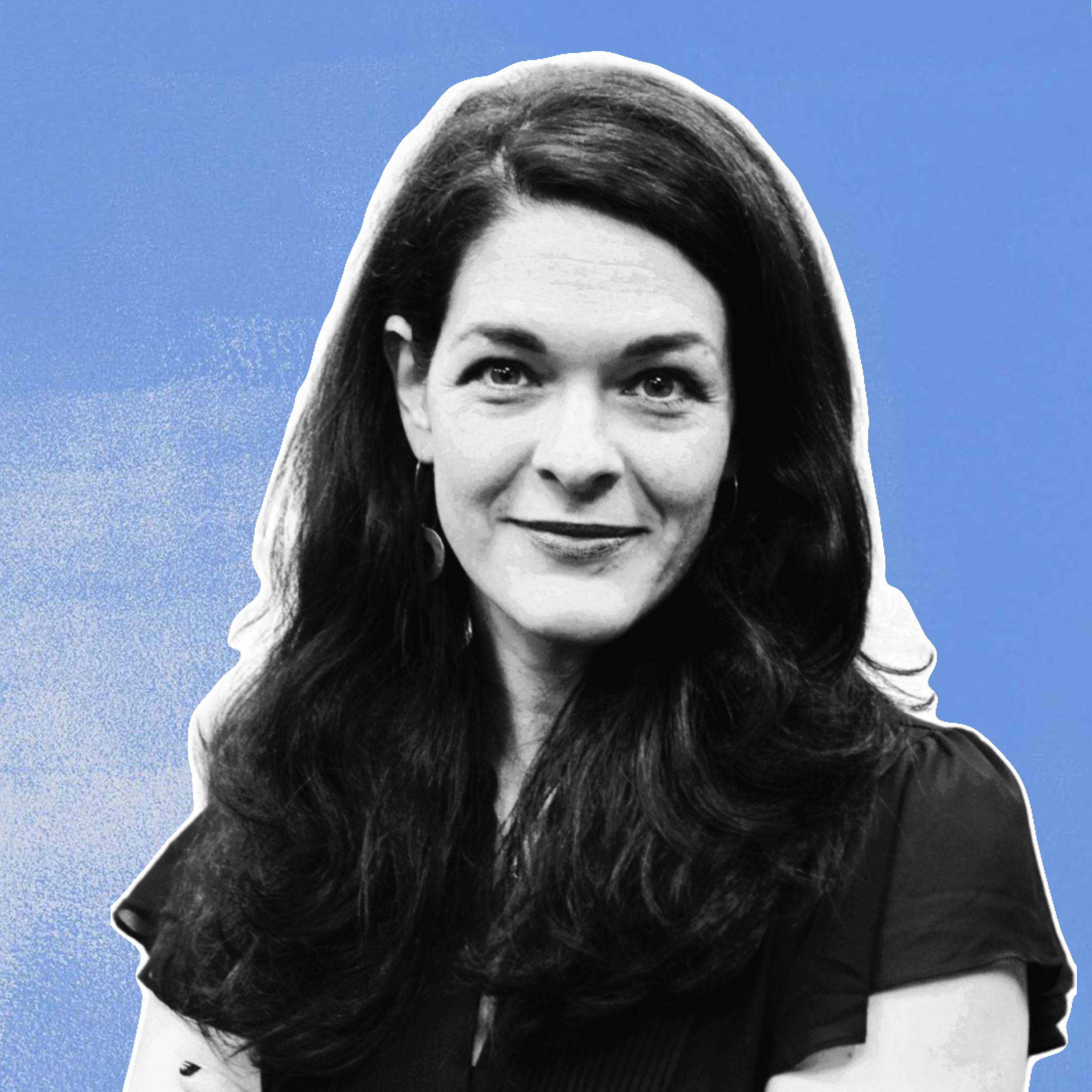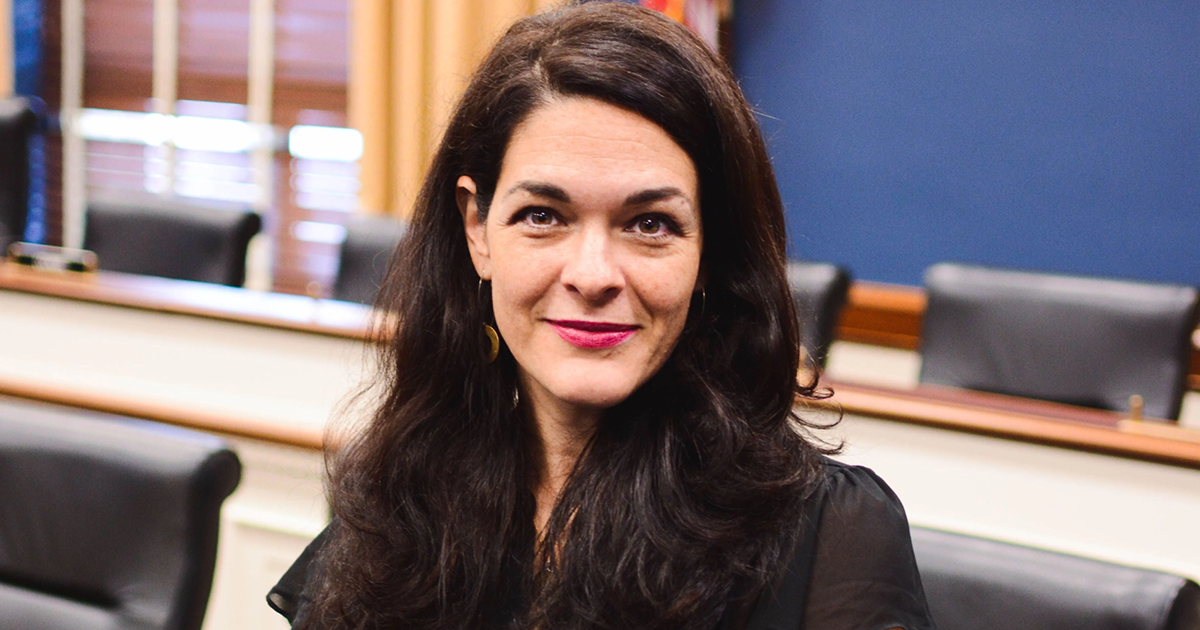
Darby Joyce
Content Marketing Coordinator
Millions of Americans partake in gig work to earn money, whether they drive for Uber, sell products on Etsy, walk dogs in their neighborhoods, or babysit. However, reporting on income earned through gig work can be complicated, and failing to do so may have unintended consequences. Kogod School of Business professor Caroline Bruckner has extensively studied gig work since 2015, and her research has demystified many of the questions surrounding how to pay taxes and save money as a gig worker. Since she began her research, the conversation around gig work has evolved considerably as people better understand how many people work in these circumstances.
Our understanding of gig work has fundamentally shifted. When I came to Kogod, I thought we were just talking about Uber drivers or Airbnb hosts, but the reality is that millions of people have side hustles that amount to gig work. And our entire tax system is not set up to facilitate tax compliance for that kind of work.”

Caroline Bruckner
Kogod Professor of Accounting
Professor Bruckner’s latest article, “Women, Retirement, and the Growing Gig Economy Workforce,” explores issues in taxing gig income by highlighting the intersection of women in the gig economy and the challenges of saving for retirement. Coauthored with the late Jonathan B. Forman and recently published in the Georgia State University Law Review, the article is the culmination of two years of research. It delves into the demographics of gig work in a way that has not been done before.
“The literature before my work really showed that men predominantly did gig work,” Bruckner said. “That’s true if you look at gig work only as Uber drivers. But if you look at the Federal Reserve’s survey data and other part-time or supplemental work areas, women dominate.” As women are more likely to take time away from full-time jobs for reasons such as childcare, it follows that they would more frequently seek out opportunities for additional income.
The finding that women make up a bulk of American gig workers, combined with existing research on the retirement wealth gap, motivates Bruckner’s research.
By the time women retire, they typically have far less money saved for retirement than men do. At the same time, they live longer and have higher healthcare costs.”

Caroline Bruckner
Kogod Professor of Accounting
“I wanted to look at the role of gig work and tax compliance as it contributes to retirement security,” Bruckner explained. Reporting accurately on income enables workers to calculate their Social Security credit correctly, and when earnings from gig work aren’t included, the payout is reduced. Bruckner hopes to ensure that gig workers who need Social Security in retirement get the payments they are entitled to through this research.
Professor Bruckner’s research began in earnest during the fall of 2019 but changed considerably when the COVID-19 pandemic hit. For the first time, Congress included part-time, self-employed, and gig workers in its unemployment insurance program, marking a notable change in how this working population was perceived at the federal level. “Something like that had never been done on that scale before,” Bruckner explained. “That was important because it was a signal of the growing recognition that this is a huge population of workers.”
The scope of gig work is one of Bruckner’s most vital takeaways from her research and one that she hopes she can impart to her readers.
In any given month, two to three million people use sites like Uber, Lyft, and Airbnb to connect with customers. But millions more don’t use those platforms and might not even use apps to process their payments. There’s just so much of this work going on.”

Caroline Bruckner
Kogod Professor of Accounting
Existing literature on the gig economy has often only studied full-time workers, which similarly fails to account for the vast array of work being done. By studying how various aspects of gig work interact, Bruckner paves the way for a more comprehensive understanding of the sphere.
Whether a student does gig work themselves or is simply interested in learning more about it, Bruckner points them towards Kogod’s Washington Initiative, where they can learn to prepare taxes for district residents who may need to report their gig income. Bruckner’s upcoming course, Fundamentals of Business Ownership, also addresses the basics of accounting and tax filing as they pertain to self-employed workers.
Though research on the gig economy is still rapidly evolving, Brucker knows that it will remain a major topic of discussion and recommends that Kogod students recognize how much it factors into their daily lives. “Everyone knows a gig worker. I’m a gig worker since I do work that isn’t part of my full-time employment,” she said. By understanding the role gig work plays through research like Bruckner’s, people can better understand how to ensure that gig workers get the financial support they deserve.
